Wiltshire's Secret Underground Bunkers, Abandoned Building & Weird History
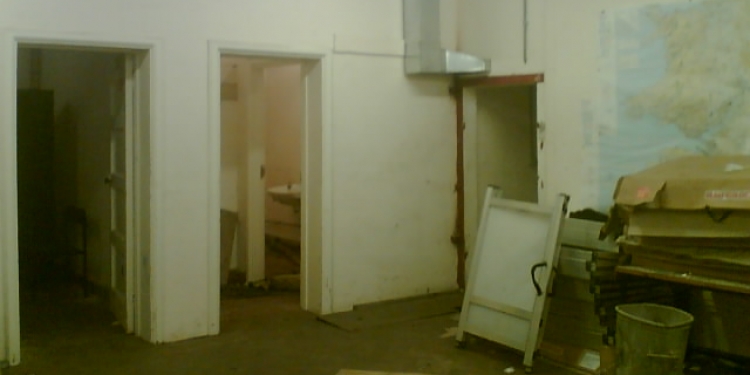
UndergroundSeptember 27, 2010
Salisbury Urban District Control Centre
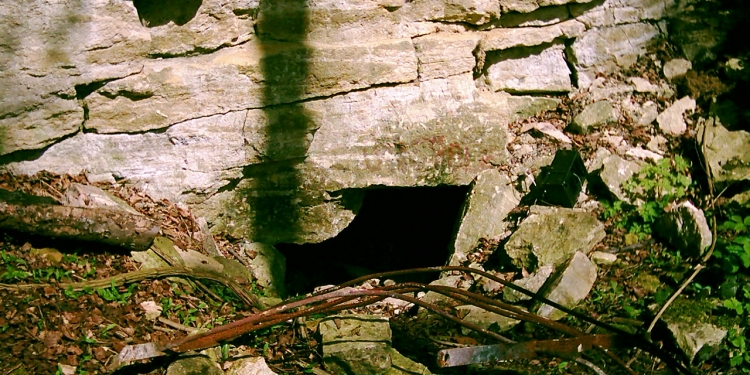
UndergroundSeptember 26, 2010
Rocks Quarry
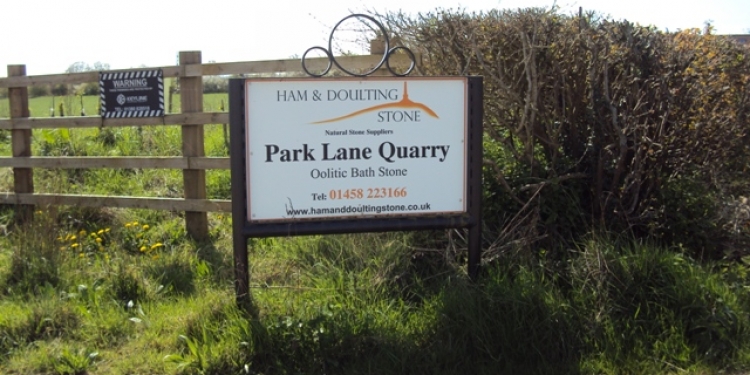
UndergroundSeptember 26, 2010
Park Lane Quarry
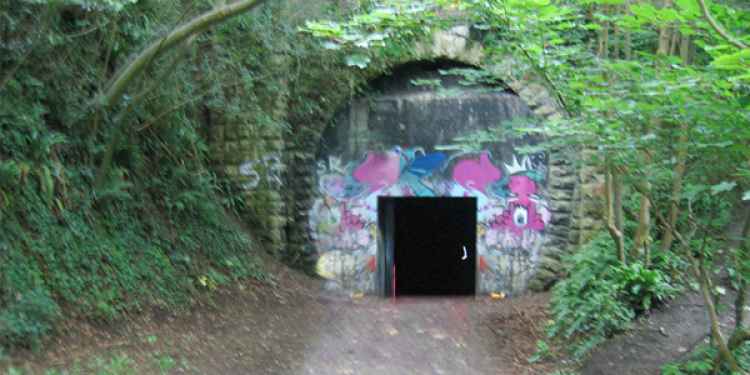
UndergroundSeptember 20, 2010
Combe Down Tunnel
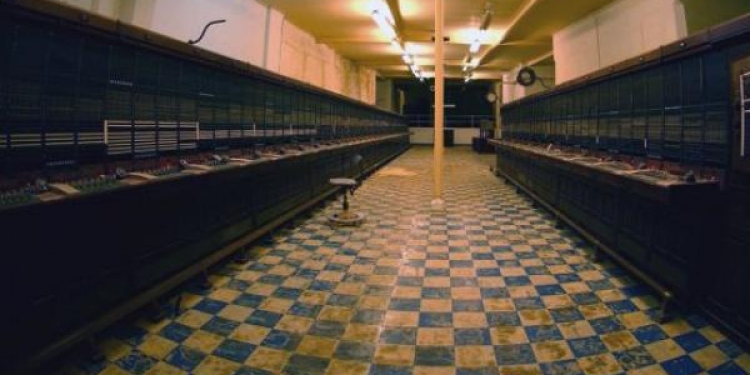
UndergroundSeptember 19, 2010
The Timeline Of Britain's Most Secret Bunker, Burlington

UrbexNovember 04, 2009
Burlington Bunker For Sale - ITV West Evening News

UrbexNovember 04, 2009
Tunnel Visions - BBC Inside Out West
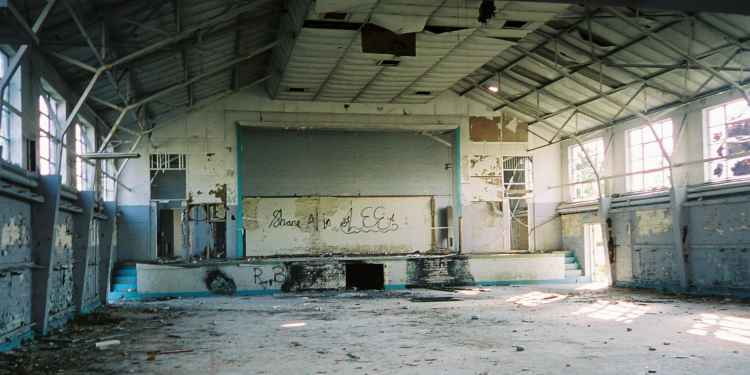
UrbexMay 05, 2009
HMS Royal Arthur
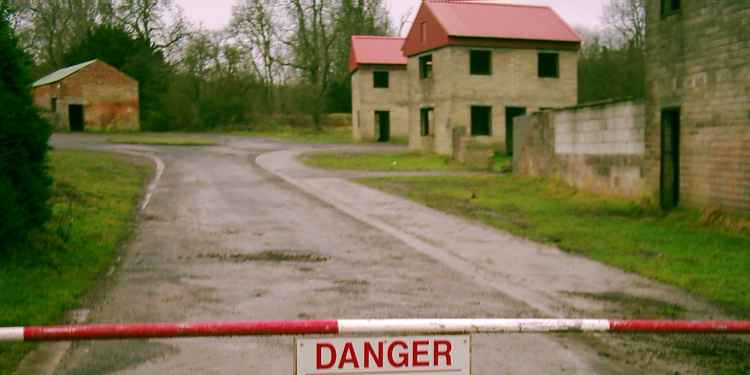
UrbexMay 05, 2009
Imber Village
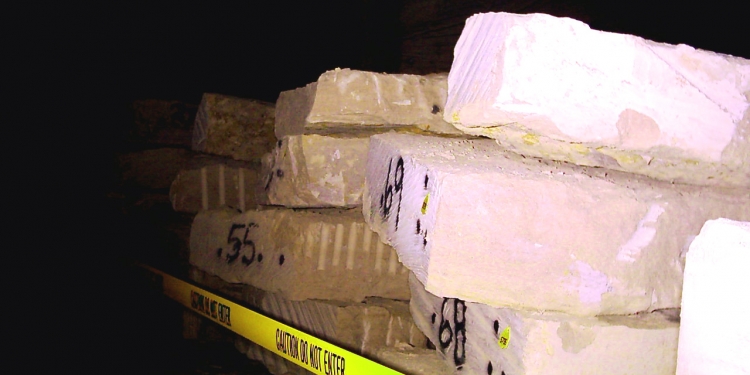
UndergroundFebruary 12, 2009
Monks Park Quarry
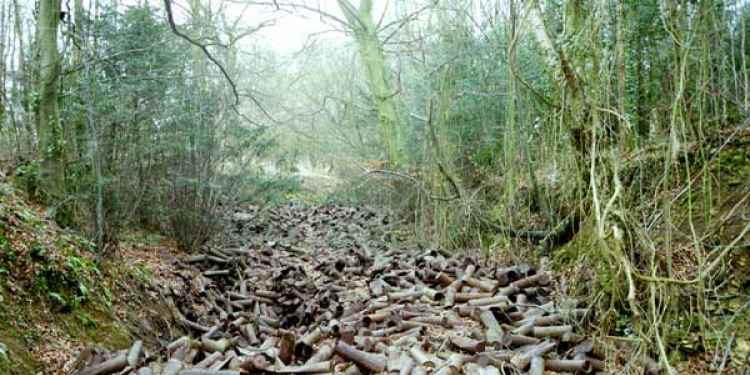
UrbexSeptember 26, 2008
Ammo Case Valley
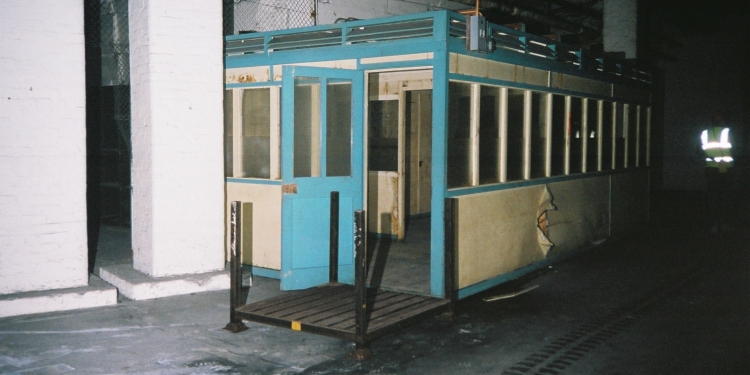
UndergroundSeptember 23, 2008
Copenacre Quarry
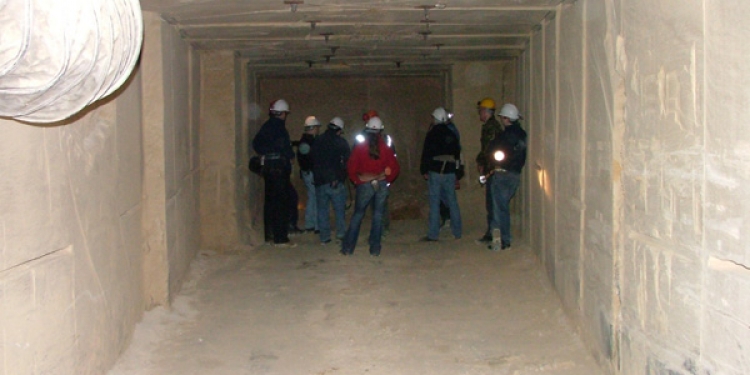
UndergroundAugust 19, 2008
Limpley Stoke Quarry
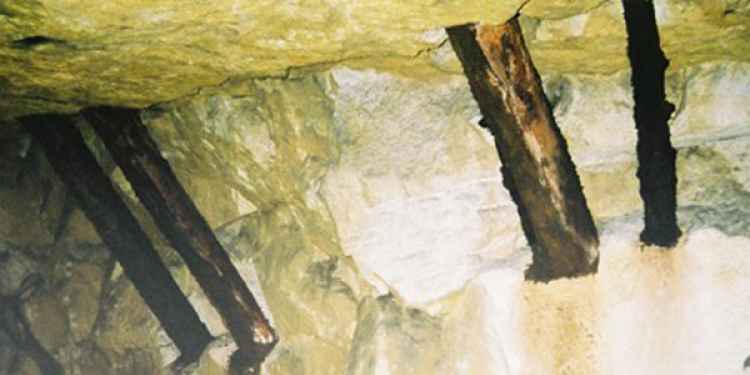
UndergroundAugust 19, 2008
Hollybush Mine
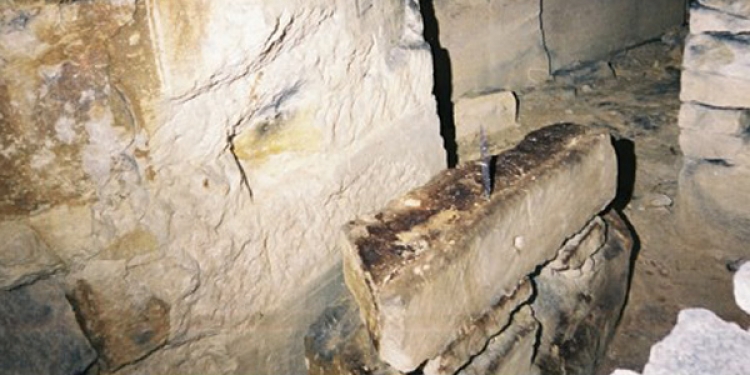
UndergroundAugust 19, 2008
Ridge Quarry
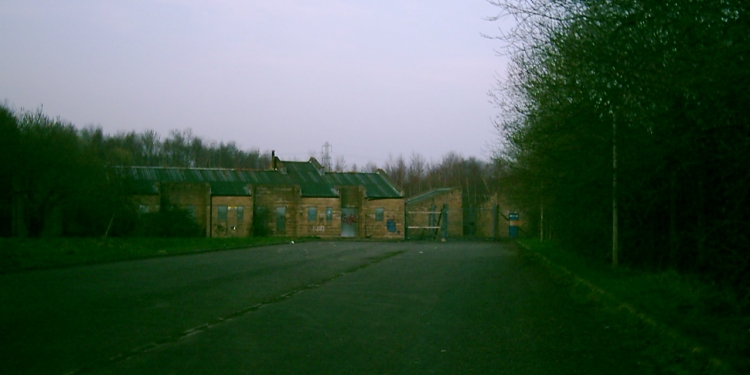
UndergroundAugust 19, 2008
Westwells Quarry
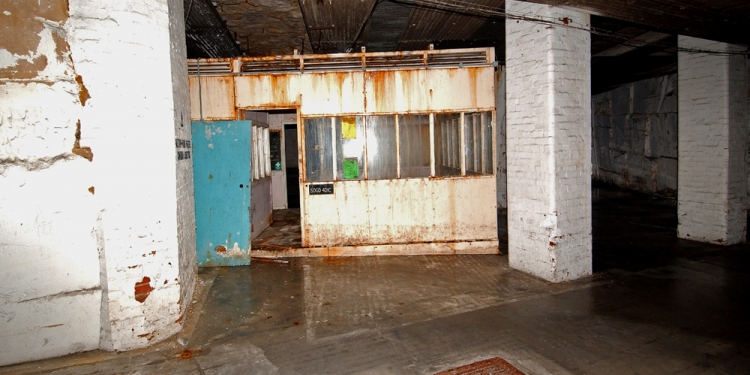
UndergroundAugust 19, 2008
Spring Quarry
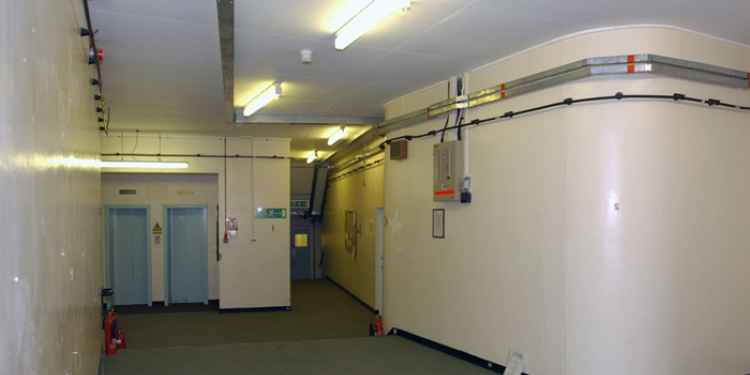
UndergroundAugust 19, 2008
Primary Network Control Centre
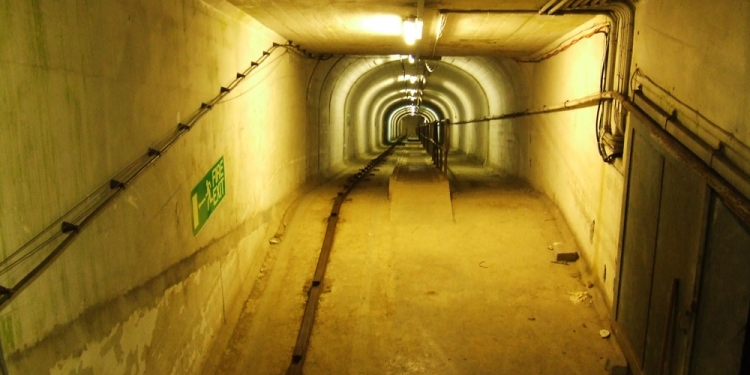
UndergroundAugust 19, 2008
Tunnel Quarry
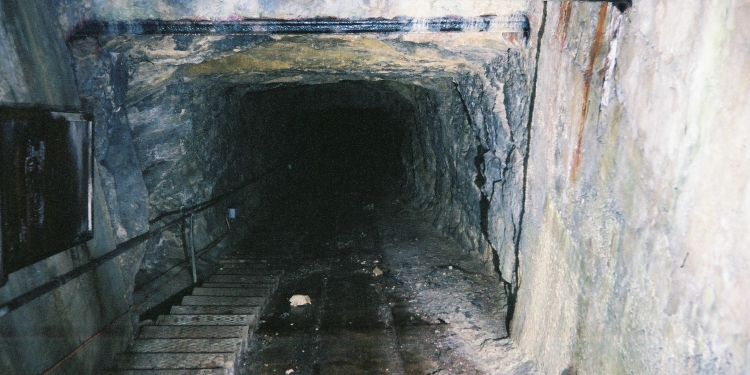
UndergroundAugust 19, 2008
Sands Quarry
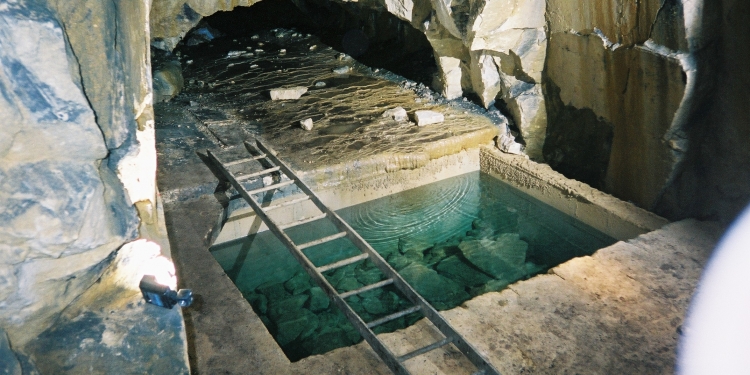
UndergroundAugust 18, 2008
Browns Folly Mine
Page 3 of 4
Further Reading
Dive into the world of the paranormal and unexplained with books by Higgypop creator and writer Steve Higgins.
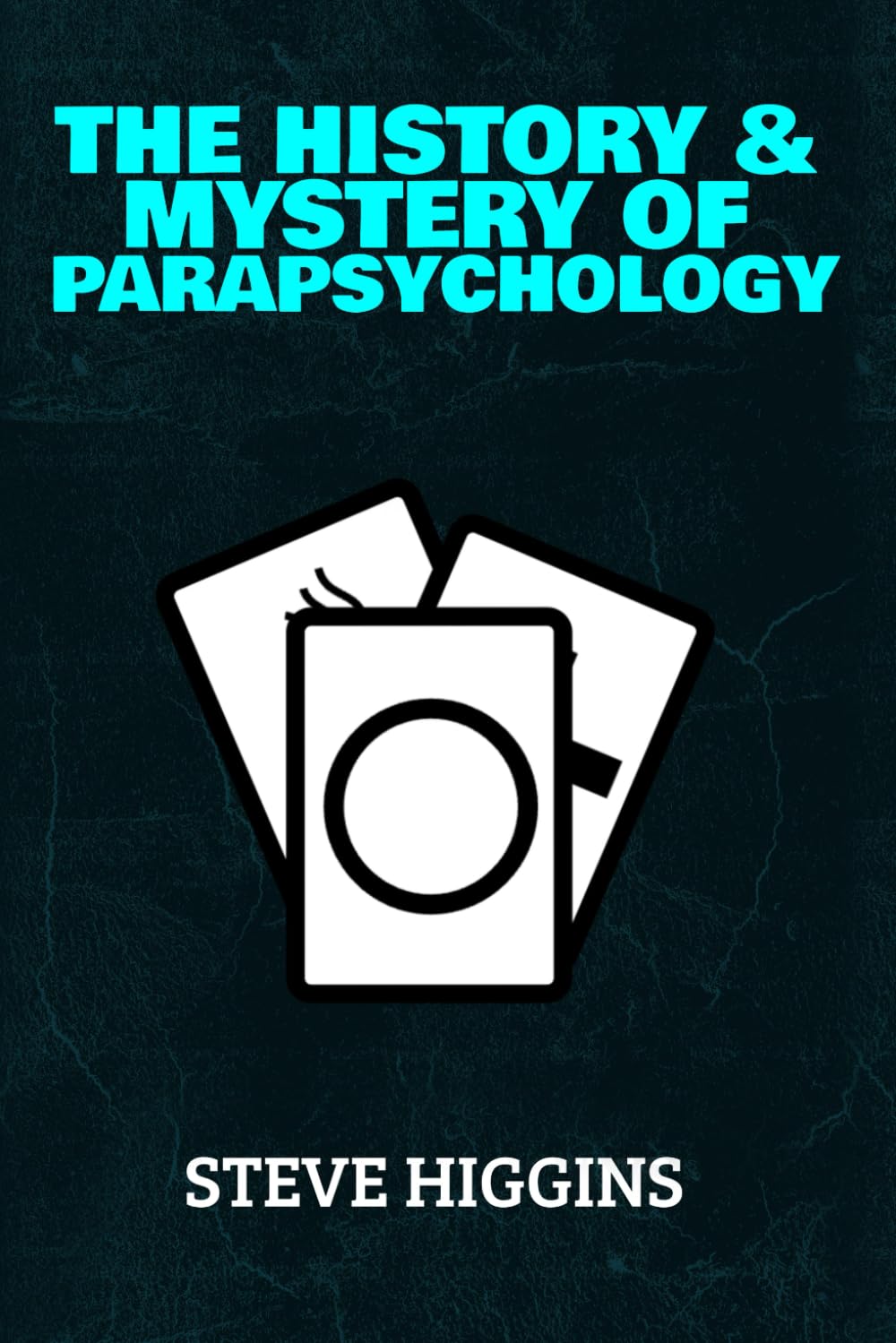
The History & Mystery Of Parapsychology
A deep dive into paranormal phenomena, exploring history, science, and psychology.
Buy Now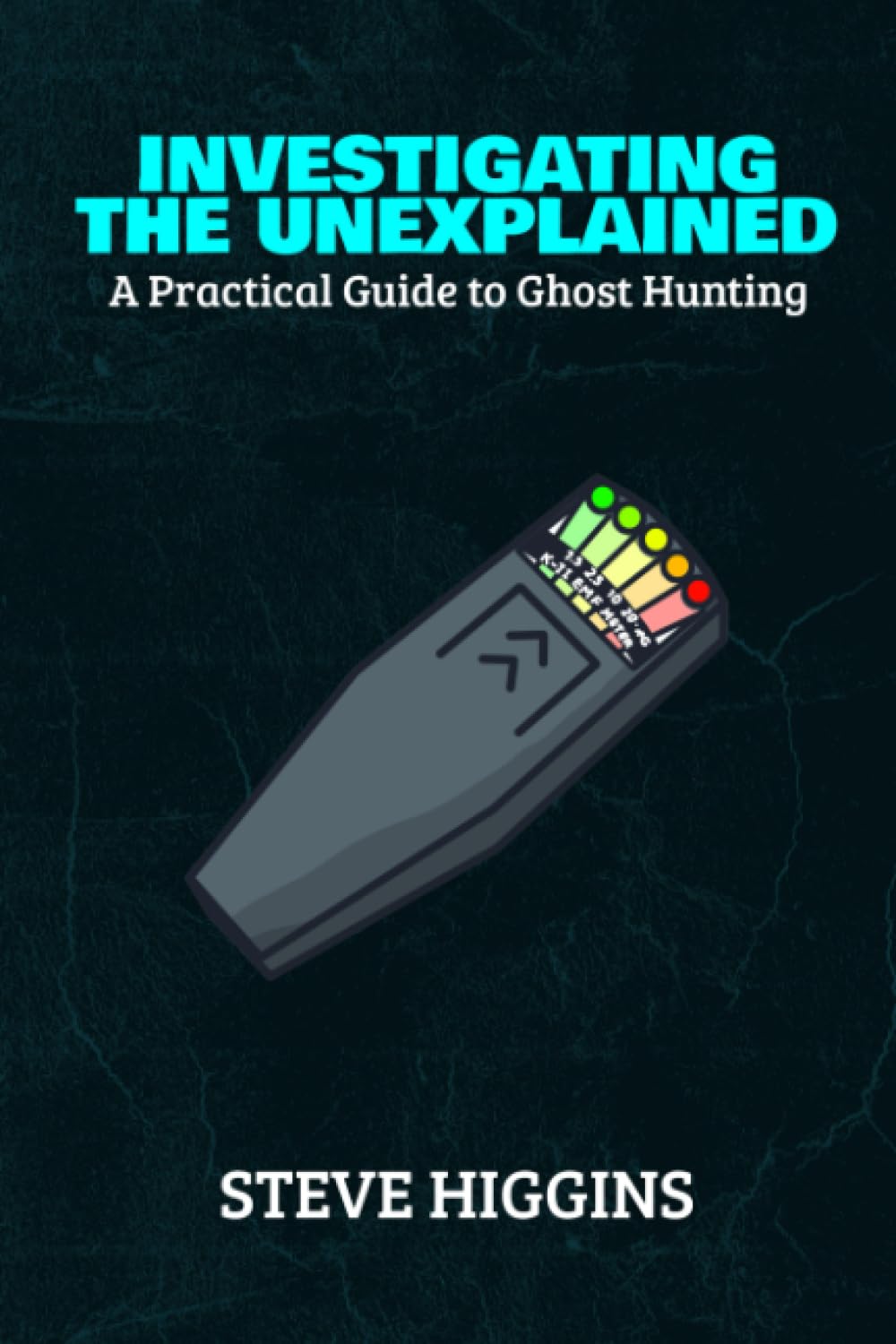
Investigating The Unexplained
Practical advice on conducting paranormal investigations and uncovering the unexplained.
Buy Now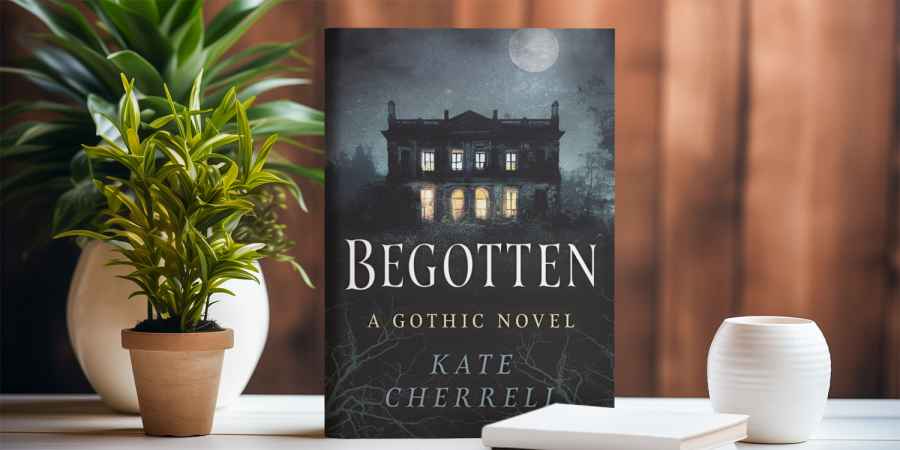
Kate CherrellApril 14, 2025
Kate Cherrell's Debut Gothic Horror Novel 'Begotten' Arrives This May

Ghost AdventuresApril 13, 2025
Watch A Sneak Peek Of The New Season Of 'Ghost Adventures'
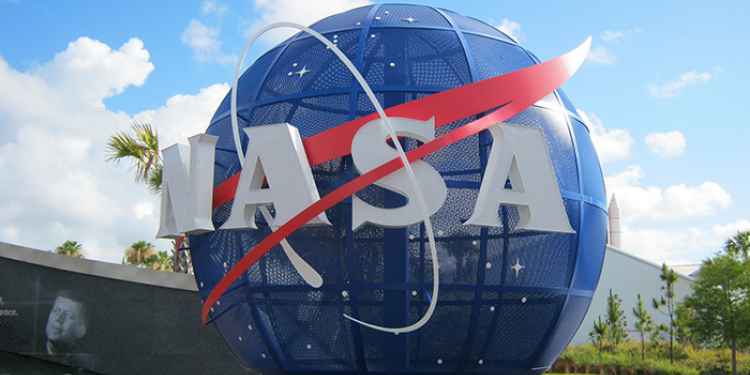
UfosApril 12, 2025
What Do Astronauts Say About UFOs?

GhostbustersApril 11, 2025
How To Make Your Own 'Ghostbusters' Action Figure Using AI
 See More on Audible
See More on Audible